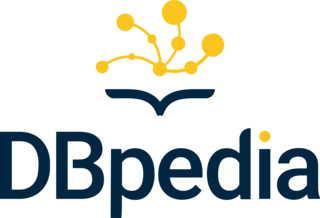 W
WDBpedia is a project aiming to extract structured content from the information created in the Wikipedia project. This structured information is made available on the World Wide Web. DBpedia allows users to semantically query relationships and properties of Wikipedia resources, including links to other related datasets.
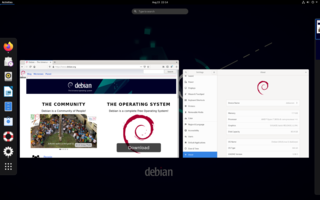 W
WDebian, also known as Debian GNU/Linux, is a GNU/Linux distribution composed of free and open-source software, developed by the community-supported Debian Project, which was established by Ian Murdock on August 16, 1993. The first version of Debian (0.01) was released on September 15, 1993, and its first stable version (1.1) was released on June 17, 1996. The Debian Stable branch is the most popular edition for personal computers and servers. Debian is also the basis for many other distributions, most notably Ubuntu.
 W
WDrupal-club (Minsk) is an open-source community in Belarus which promotes free software principles in society. During the 2010-2013 years, this club was an organizer of various social activities such as the Drupal Rally, the Global Learning Drupal Days, and regular sessions. Drupal-club takes part in the implementation of some non-commercial projects and has formed a cooperative via the Drupal Association.
 W
WEducation Freedom Day (EFD) is an international event launched by the Digital Freedom Foundation in 2013. It's annually observed on March 21. It is similar to other Freedom Days, namely Software, Hardware and Culture Freedom Day. The goal of EDF is spread knowledge and awareness regarding the benefits of using free software and free educational resources for education.
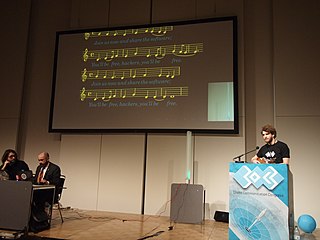 W
WThe Free Software Song is a filk song by Richard M. Stallman about free software. The song is set to the melody of the Bulgarian "Sadi Moma".
 W
WFree Software Street is a street in the town of Berga in Catalonia, Spain. It is the first street in the world dedicated to the free software movement. It was officially opened on 3 July 2010.
 W
WThe GNU Manifesto is a call-to-action by Richard Stallman encouraging participation and support of the GNU Project's goal in developing the GNU free computer operating system. The GNU Manifesto was published in March 1985 in Dr. Dobb's Journal of Software Tools. It is held in high regard within the free software movement as a fundamental philosophical source.
 W
WGood Copy Bad Copy is a 2007 documentary film about copyright and culture in the context of Internet, peer-to-peer file sharing and other technological advances, directed by Andreas Johnsen, Ralf Christensen, and Henrik Moltke. It features interviews with many people with various perspectives on copyright, including copyright lawyers, producers, artists and filesharing service providers.
 W
WThe English adjective free is commonly used in one of two meanings: "at no monetary cost" (gratis) and "with little or no restriction" (libre). This ambiguity of free can cause issues where the distinction is important, as it often is in dealing with laws concerning the use of information, such as copyright and patents.
 W
WJacobsen v. Katzer was a lawsuit between Robert Jacobsen (plaintiff) and Matthew Katzer (defendant), filed March 13, 2006 in the United States District Court for the Northern District of California. The case addressed claims on copyright, patent invalidity, cybersquatting, and Digital Millennium Copyright Act issues arising from Jacobsen under an open source license developing control software for model trains.
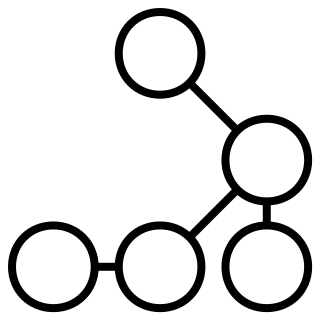 W
WThe Open and Free Technology Community (OFTC) is an IRC network that provides collaboration services to members of the free software community in any part of the world. OFTC is an associated project of Software in the Public Interest, a non-profit organization which was founded to help organizations develop and distribute open hardware and software. The network's servers are accessible via Round-robin DNS from the URL irc.oftc.net. As of October 2019, OFTC has 31 volunteer staff members, and 16 sponsors.
 W
WThe open-core model is a business model for the monetization of commercially produced open-source software. Coined by Andrew Lampitt in 2008, the open-core model primarily involves offering a "core" or feature-limited version of a software product as free and open-source software, while offering "commercial" versions or add-ons as proprietary software.
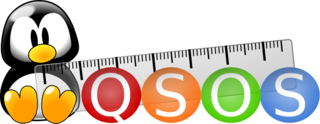 W
WThe Qualification and Selection of Open Source software (QSOS) is a methodology for assessing Free/Libre Open Source Software. This methodology is released under the GFDL license.
 W
WRaspberry Pi OS is a Debian-based operating system for Raspberry Pi. Since 2015, it has been officially provided by the Raspberry Pi Foundation as the primary operating system for the Raspberry Pi family of compact single-board computers. The first version of Raspbian was created by Mike Thompson and Peter Green as an independent project. The initial build was completed in June 2012.
 W
WThe TurnKey Linux Virtual Appliance Library is a free open-source software project which developed a range of Debian-based pre-packaged server software appliances. Turnkey appliances can be deployed as a virtual machine, in cloud computing services such as Amazon Web Services or installed in physical computers.
 W
WTux is a penguin character and the official brand character of the Linux kernel. Originally created as an entry to a Linux logo competition, Tux is the most commonly used icon for Linux, although different Linux distributions depict Tux in various styles. The character is used in many other Linux programs and as a general symbol of Linux.
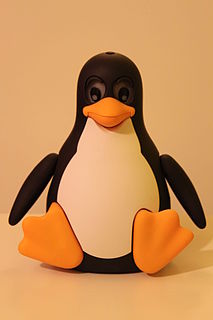 W
WTux Droid is a Linux wireless Tux mascot with a programmable interface, allowing it to announce events by its gestures and by ALSA driven sound. The events are detected by specific gadgets, which are handled by the Tux Gadget Manager. The Tux Droid supports Linux kernel 2.4 or later and needs an 800 MHz CPU and 128 MB RAM. Communication from Tux Droid to the computer is via signalling operating in the 802.11 WLAN band, but not compatible with Wi-Fi. The receiver resembles a plastic fish, and connects to the host computer's USB port. An infrared remote control is supplied; signals from this are received by Tux Droid and sent to the host software over the wireless link. For media detection it needs an internet connection. The mascot is driven by Atmel AVR RISC microcontrollers. The new version supports also Windows-based PCs. The Tux Droid can be used with Windows XP and Windows Vista.